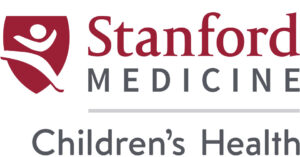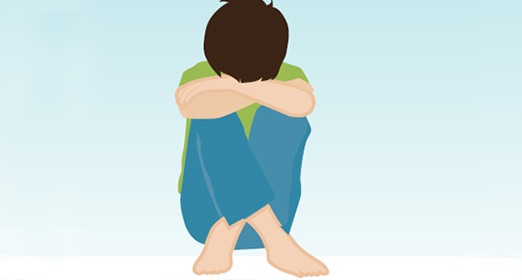As we work in the community to provide education about wellness, depression, and suicide prevention, we hear students raising important issues about mental health. Below are some of the most common questions and answers.
Q: When a friend is depressed, is it better to first try to help or just go straight to a parent or therapist?
A: It depends. If you feel like you can approach your friend and talk to them about your concerns, this can be a great first step. When you talk to your friend, encourage them to get help from a counselor or other trusted adult. If you’ve already tried this or aren’t comfortable approaching them, talk to a parent, teacher, counselor, doctor, or other trusted adult and let them know what changes you’ve noticed. This adult should check in with your friend and make sure they get the help they need. Remember that by talking to an adult when you’re concerned about a friend, you’re not getting them into trouble. You’re getting them out of trouble.
Q: Why do so few teens get help for their depression or anxiety?
A: Some teenagers might not recognize that what they’re feeling is depression. Others might not know where to get help or realize that depression is a treatable health condition. Others might be afraid to let people know what they’re experiencing because of stigma or because they think that it’s something they should be able to “get through” on their own.
Clinical depression is common (20 to 25 percent of all teens will experience some form of depression before high school graduation). It can be treated successfully with professional help, so it’s important for you to reach out for yourself or for a friend once you notice signs of depression. Depression isn’t something you can or must “deal” with on your own.
Q: About how long can it take for stress to turn into “distress,” and then distress into depression?
A: It depends on the individual and the degree of stress. Stress is part of everyday life, and learning to cope and adapt can be very helpful. Not everyone responds the same to a given stressor, and although everyone feels some stress at times, not everyone develops “distress” or, eventually, depression. You may be more likely to develop depression as a result of an ongoing stressor, if you have a sibling or parent who has had depression, if you’ve experienced depression in the past, or if you’re dealing with more than one challenging stressor at a time.
Coping strategies and resources (such as reaching out to supportive friends and trusted adults, relaxing, and doing activities you enjoy) can help you effectively deal with a stressful event or circumstance. True depression is not something that should be dealt with on one’s own. Help is available in our schools and in the community.
Q: Is anxiety a form of depression?
A: No, anxiety is a different mental health issue, but research shows that anxious people may be more likely to develop depression. Anxiety can precede depression, but the two may be commonly experienced together.
Q: What if I get signs of depression but it’s on and off?
A: It’s important to recognize the difference between an occasional depressed mood, which everyone feels transiently at some time, and true clinical depression. A clinical diagnosis of depression requires that the symptoms be present nearly all the time, every day, for at least two weeks. However, if you’re concerned about how you’re feeling, talk to someone who can help.
Q: How can we get help in our community?
A: There are many resources. Talk to your parent, the parent of a friend you’re concerned about, or a different trusted adult to try to identify the cause for the feelings and if anything can be done to help (answers: yes, it may be depression, and yes, something can be done to help!).
You can talk to a guidance counselor, school-based mental health staff, or another trusted adult at school. Of course, primary care providers (pediatrician, family doctor, nurse practitioner) can be a great first contact as well, and can evaluate and often treat directly. If needed, they can refer you to a mental health professional.
Signs and symptoms of depression:
- Feelings of sadness
- Loss of interest or pleasure in normal activities
- Irritability, frustration, or feelings of anger, even over small things
- Changes in sleep habits (either insomnia or excessive sleeping)
- Changes in appetite (decreased or increased)
- Agitation or restlessness (pacing, hand-wringing, inability to sit still)
- Fatigue, tiredness, slowed thinking, loss of energy (even small tasks seem to require a lot of effort)
- Feelings of worthlessness or guilt, fixation on past failures/mistakes or self-blame when things aren’t going right, worrying
- Trouble thinking, concentrating, making decisions, and/or remembering things
- Frequent thoughts of death, dying, or suicide
- Crying spells for no apparent reason
- Unexplained physical problems (especially pain-related), such as back pain, headaches, or stomachaches
To make an appointment in Child and Adolescent Mental Health at Lucile Packard Children’s Hospital Stanford, call (650) 723-5511.
Additional resources are available at supportLPCH.org/mentalhealthresources
This article first appeared in the Fall 2016 issue of Lucile Packard Children's News.


